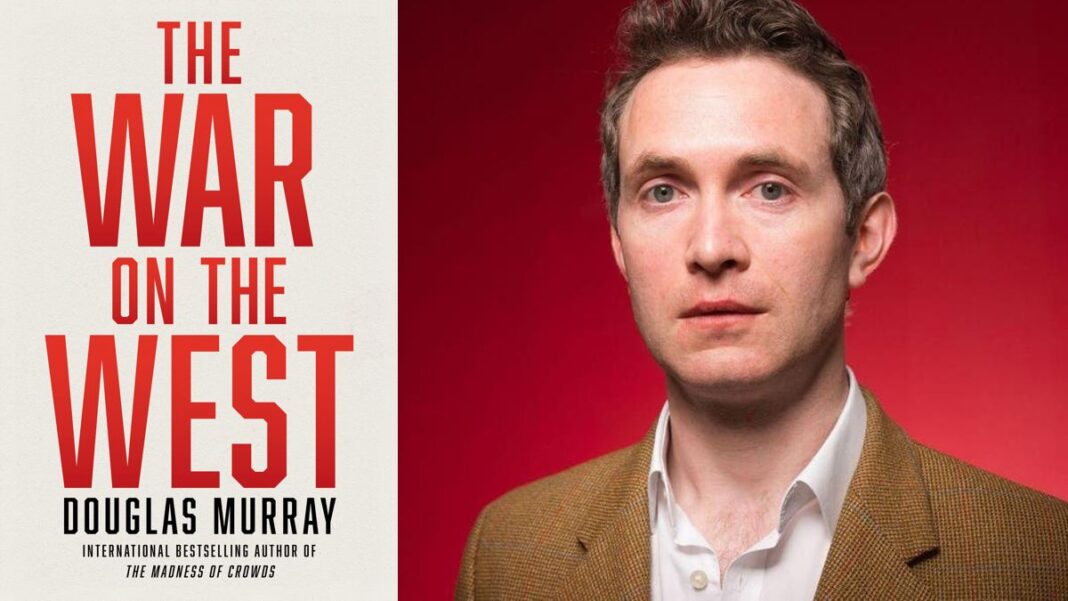
Waning optimism over global economic growth prospects and rising stagflation fears have prompted investors to seek shelter in investment hedges.
Earlier this month, the Bank of America’s (BofA) monthly survey of fund managers found that optimism about the international economy has slumped to an all-time low.
Of the respondents, 71 percent were pessimistic about global growth in the coming months, as risks of a recession have turned into the top “tail risk” for global financial markets, the survey revealed.
Should the United States emulate the economy of the 1970s—a blend of stagnating economic growth and skyrocketing inflation—how will the financial markets respond to this type of environment?
Investment firms have been reallocating their portfolios, pouring into crude oil and other commodities, and placing long positions in resource and healthcare stocks, according to the bank’s poll.
With increasing stagflation risks, Goldman Sachs believes that passive investing may no longer be a successful approach for investors, meaning that the standard 60/40 portfolio—60 percent stocks and 40 percent bonds—might not be an effective strategy in a market of inflation, volatility, and uncertainty.
“I would say that the playbook for investments and portfolio construction of the period since the financial crisis may not be relevant anymore. We have entered a period of higher inflation, higher volatility, more uncertainty,” said Maria Vassalou, co-CIO of multi-asset solutions in the firm’s Asset Management Division. “There is need to rethink how we construct portfolios. Passive investing will be less relevant going forward. I think there is a big case to be made for active investments. There is also a much bigger argument for dynamic asset allocation going forward.”
Although signs are forming that a recession could be on the horizon, the risks are not serious enough for investors to overhaul their portfolios, Vassalou added.
With inflation expected to remain persistent and stickier, investors might need to consider embracing a more dynamic inflation strategy, says Nancy Tengler, CEO and CIO of Laffer Tengler Investments. She noted that such a portfolio would comprise real estate investment trusts (REITs), precious metals, energy commodities, and robotics. Another theme that traders need to home in on is dividends.
By Andrew Moran







